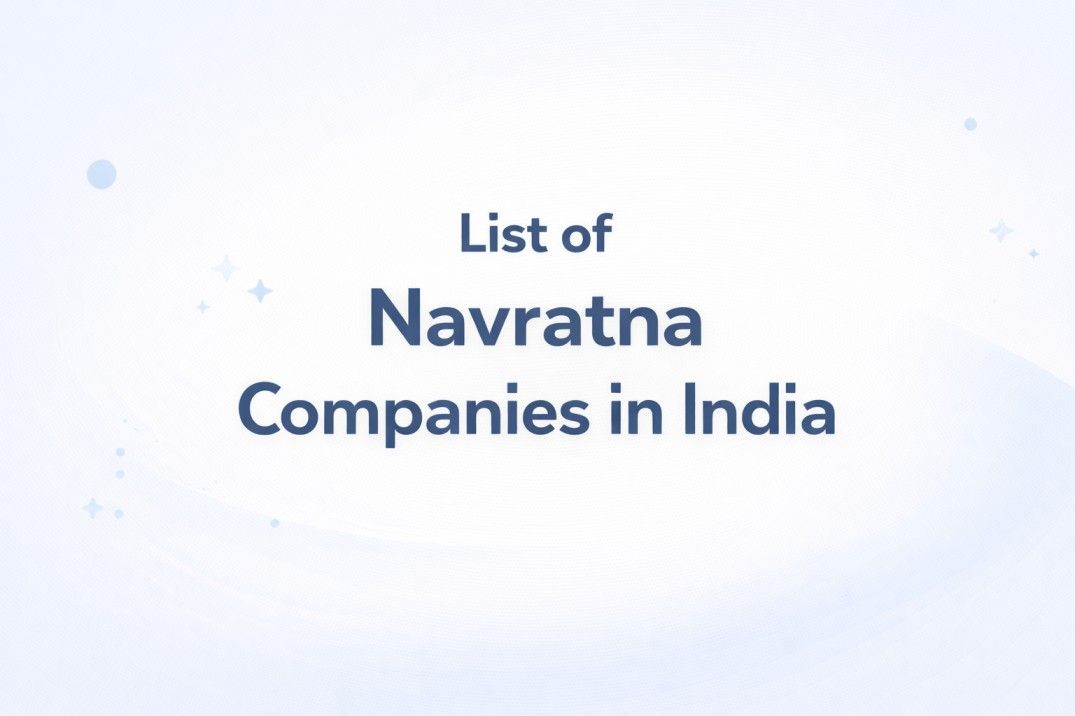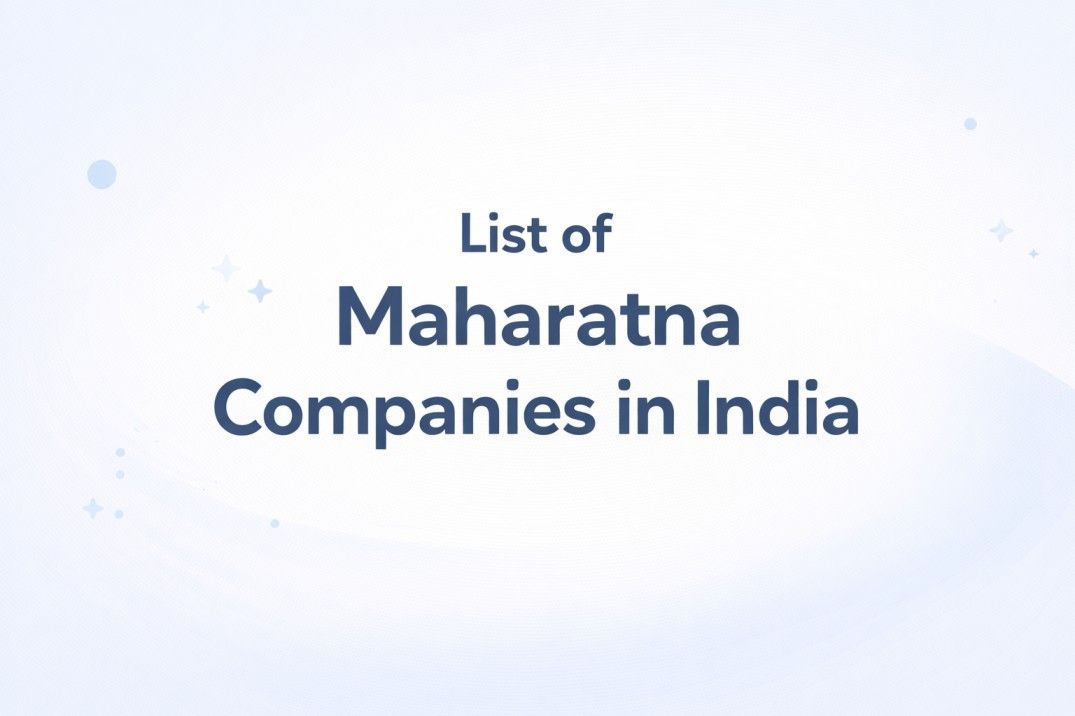How Does IPO Allotment Work

- Published Date: December 21, 2021
- Updated Date: October 14, 2025
- By Team Choice
These recent years have seen a boom in IPO investments. So much, that there has been a growing interest of the investors as well. The only problem is that not every investor gets the allotment which gives rise to the question: how does IPO allotment work?
What is IPO and how allotment is the process succeeding the IPO application, where in the shares of the company are allotted to the applicants. It has a complete procedure so that there is no haste or biased decision.
Let us now have a look at how IPO allotment works in India.
How IPO Allotment Works in India
SEBI has been giving a green flag to a lot of companies willing to go through the IPO listing process. This has led to a lot of investors now actively participating in the IPO run, making it quite challenging to get the allotment of the shares.
Let us have a look at how does IPO allotment work so that you know why you were not given the shares.
The initial step before the allotment of IPO is to apply for an IPO. You can bid a maximum of ₹2,00,000 or a minimum of ₹15,000. The application process of an IPO remains open for a maximum of 3 days.
Once you have successfully applied for the IPO, now the waiting begins. The company tries to give the shares to every investor but there are cases in which it is not possible to do so.
Now after the IPO application, there can be different cases in which the allotment procedure will vary.
Let us have a look at the same.
Open a FREE Demat Account in 5 Mins.
- Free AMC for First Year
- Low DP Charges (₹ 10)
- No Auto Square Off Charges
- Free Research Calls
- If the IPO is accurately subscribed or undersubscribed
Let us understand this with the help of an example. Suppose a company is going live with an IPO of 100 shares, and the bids received for the same are either 100 or less than that. In this case, the company gives the IPO shares to almost all the investors.
So, if you have applied for an IPO that has not been subscribed to more than the shares, then you will most likely get the allotment of the shares. This is because there is a good supply or availability of the shares.
- If the IPO is oversubscribed
Sometimes the demand of the company is more than the actual shares. For example, if there are 100 shares available but the bids received are for 200 shares, then it becomes difficult for the company to allot the shares. Although in this case as well, the investors’ interest is given the topmost priority.
When an IPO is oversubscribed, the shares are allotted on a pro-rata basis. Let us have a detailed look at the allotment of IPOs in the case of oversubscription.
How to Check IPO Allotment Status?
Now when you have applied for the IPO successfully you might be waiting for whether it gets allotted to you or not.
You can check it either by visiting the official website of NSE or BSE or by visiting Linkin Time.
On either of the website, all you have to do is to enter your PAN card details, and you will be able to know whether or not IPO is subscribed to you.
How Does IPO Allotment Work for Oversubscription
Looking at the growing interest in IPOs, a lot of them now are oversubscribed in India. So what happens when the bids received are more than the shares that are issued for the retail investors by the company?
There can be two cases in this as well.
- If the oversubscription is small
If the IPO has been oversubscribed in a small amount, then the allotment is completed on a pro-rata basis. The company makes sure that every investor gets at least a lot of the IPO shares.
The rest of the shares are then divided proportionally. So, it is obvious that all the investors will not apply for the same number of lots. Therefore, even if someone has applied for 2 lots, because of oversubscription, the chances of the allotment get restricted to just one.
- If the oversubscription is more
In cases where the IPO has been oversubscribed immensely, let’s say in the case of Nykaa, what happens then? Now in this case the shares cannot be allotted on a pro-rata basis. There has to be another and a non-partial way of doing the same.
So, in most of the cases now where the IPOs are getting subscribed more than 100 times as well, the allotment is done on the basis of a lucky draw.
The change of getting an allotment, in this case, is solely and purely based on luck and therefore gets difficult at times.
In this way, the IPO allotment works in the share market.
How to Increase Chance of IPO Allotment?
Who doesn’t want to get IPO and especially when there is a higher chance of gaining profit?
So, if you have subscribed for an IPO and want to increase the chance of getting an IPO allotment then you can easily get it done by applying for an IPO using a different Demat account.
This increases the chance of getting allotment of shares.
So why wait more just open a different Demat account to apply for IPO online.
Conclusion
IPOs allotment days is a full-fledged event in the share market now and the investors often wonder whether or not the IPO shares will be allotted to them. There is although, a whole procedure to make the IPO allotment an unbiased event.
There are cases when the IPO gets insanely oversubscribed, thus causing not all the investors to receive the allotment. If allotted the IPOs are capable of great IPO listing gains.
So, if you are also looking to make some money from the IPO listing, open a demat account today!
FAQs
Reason For Not Allotment of IPO
Two main reasons account for the non-allotment of shares in an IPO:
- Invalid bids, stemming from issues such as an invalid PAN number, incorrect Demat Account number, or the submission of multiple applications under the same name.
- In instances of significant over-subscription, an applicant may not receive any allocated shares through the allocation process, which involves a lucky draw when demand surpasses the available shares.
Recommended for you

List of Navratna Companies in India

List of Maharatna Companies in India

Share Market Prediction For Tomorrow
